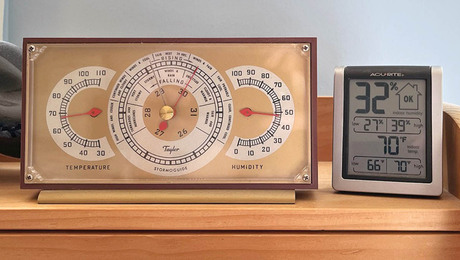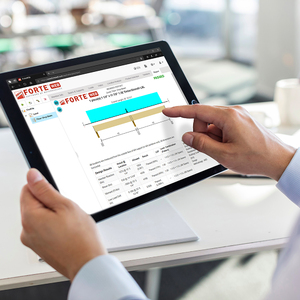Demand Metering $ savings in Colorado
My calculations are showing that I can save a lot of money with electric heat vs. propane or even natural gas if the gas price is over $.80 per therm. The trick is to go to demand metering and keep the demand low. I’ve already verified that I can limit my home’s highest electric demand for the month to about 6kW.
Without getting into all the assumptions and calculations, do you guys know anyone that has recently tried this strategy?
I know this approach failed miserably in the early 80’s. It was primarily because the homeowners refused to be inconvienced by load shedding, and often ran their demand up to 18kW and higher. But nowadays with a tight house, some window insulation and a properly sized hot water storage tank, 6kW of electricity used only at night would be sufficient for heating.
A propane fireplace would be required in addition for those rare design condition days. But hey, in the mountains you have to install at least one of those just for resale.
The savings on space heat and DHW is roughly 30% and bound to increase if the gas to electric cost ratio keeps increasing like it has recently. Also, first cost is apt to be less.


















Replies
I follow time-of-use electric schedule. Biggest inconvenience is the water heater's off from 10a to 9p, so we have to be smart about bath times. But it's really no big deal. Have some smart controls on some stuff. The rate structure saves me about 33% on utilities. Well worth it for us.
We have load shedding on our AC. It can get a little inconvenient in the hotter days of summer, but the savings are fairly substantial.If you really want to do this right, get some sort of a load meter installed inside the house. I wrote recently about the ones I'd seen in Norway, mounted right next to the kitchen sink where the housewife could easily monitor it.Of course, few housewives any more, so some sort of automatic system is worth considering.
Dencor still makes an automatic device, but they cost $1500 and up. Timers are only $50.
A timer doesn't tell you how much power you're using. You need the meter.
Thanks for the info. How big is your water heater? Would a larger one solve the problem?
I hate the regular timers be/c they're dumb. We get frequent power blips...might be out a minute or 5. A few of those and the timer is off enough to run the appliance at the wrong (expensive) time. Had that happen with our hot tub. Demand charge for that really sucked. Then I went with a programmable unit with an astronomical clock and battery backup. Always on time, no mistakes.Our WH is only 50 gal, but it's really no problem. And I've taken to running it as needed be/t 1 and 4, which gives enough hot water for dinner and even a shower. The big thing for us was to not run a lot of loads at once. As long as the WH, stove, and oven don't coincide, we don't set a new monthly peak demand. Really, all I notice is the monthly savings and not any inconvenience.
I think your approach of insulating the house to the point where you can limit your heating/cooling needs significantly is a good thing, regardless of what you want to use for heating/cooling the place. Given your location and th emost likely source of your electrical energy (coal) you may have a couple of years yet of low energy costs ahead...
Considering how much sun Colorado gets on average, I would consider a solar hot water heating system and/or a GFX heat exchanger. The two could complement your electrical heating system beautifully.
a power company nearby gave everyone 80 gal water heaters ( notice I did not say hot water heaters) and turns them on at night
In the same light in some area that have special rates for electric resistive heating systems with large mass that are only operated at off times.I think that they are called thermo electric storage system or some such thing.
I had a demad-based rate plan for a commercial building in GA, and they set monthly rates based on the _peak_ usage. For monitoring, they installed a special meter that recorded both the total kW-hours and the average and peak draw in kW. This was great for the power company because during the course of a month there will always be one or two momentary blips in usage that kick the rates up a notch or two.
Your system in Colorado may or may not be the same, but I'd check out the details before assuming it will save you money.
In my current home I have a demand meter, but am still on the normal rate plan. Knowing my historic demand in Kilowatts and usage in Kwh, I can calculate my savings assuming my demand profile doesn't change.